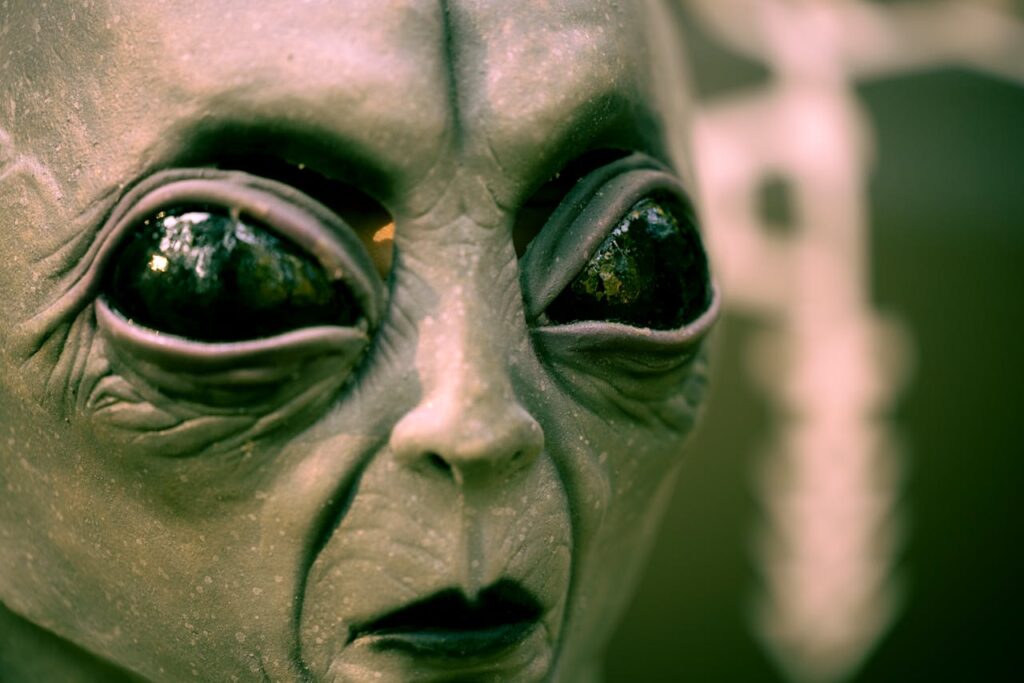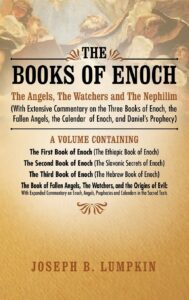When it comes to the origins of life on Earth and the possibilities of intelligent extraterrestrial civilizations, the theories can often venture into some pretty uncharted, mind-bending territory. One particularly intriguing connection that has sparked imaginations and fueled speculation is the purported link between the biblical Nephilim and ancient alien visitations.

What Were the Nephilim?
In the Book of Genesis, there is a brief yet tantalizing reference to a group known as the Nephilim:
“The Nephilim were on the earth in those days—and also afterward—when the sons of God went to the daughters of humans and had children by them. They were the heroes of old, men of renown.” (Genesis 6:4)
The actual word “Nephilim” in Hebrew has been variously interpreted to mean “giants,” “fallen ones,” or even “people from the missile weapons.” This opaque description has naturally sparked plenty of debate over just who or what the Nephilim were.
The Extraterrestrial Theory
One of the most fringe yet fascinating interpretations is that the Nephilim were an ancient race of beings descended from human and alien parentage. This theory proposes that the “sons of God” described in Genesis were actually advanced extraterrestrial visitors who intermingled and even intermingled with early humans.
The idea of superior beings selectively breeding with humans is not unique to the Bible – it echoes similar themes found in ancient mythologies across various cultures, from the ancient Greek tales of deities mating with mortals to produce demigod offspring to Native American stories of an ancient “Sky People.” Could these myths be rooted in factual events? Visitations and genetic mingling from an advanced alien civilization?

Potential "Evidence"
Proponents of this theory point to several historical accounts and artifacts as potential evidence, including:
- Ancient artworks and carvings depicting figures with elongated skulls and other unusual physical traits
- The skeletal remains of individuals that display physical characteristics unlike anatomically modern humans
- Enigmatic archaeological discoveries like unexplained machined artifacts and the Nazca Lines
- Reports through history of “gods” or otherworldly beings interacting with humans
Of course, these pieces of evidence remain open to interpretation. But for those intrigued by this theory, it opens up fascinating possibilities about our ancient past and where we may have originated.
The Cautionary Perspective
As intriguing as these theories are, it’s important to approach them skeptically and avoid investing too much into unproven fringe ideas. Extraordinary claims require extraordinary evidence that can withstand intense scientific scrutiny.
Additionally, sensationalizing these topics for the sake of storytelling without basis in evidence can be not only inaccurate but potentially harmful, spreading misinformation and pseudoscience.
The mysteries of our ancient origins and humanity’s place in the cosmos are endlessly fascinating to ponder. But any serious investigations should be grounded in facts, not fanciful fiction. An open yet discerning mind is key.

At the end of the day, perhaps the tales of the Nephilim and their potential otherworldly connections are best appreciated as imaginative mythological narratives that speak to the human drive to understand our existence. While entertaining these possibilities sparks wonder about our universe, separating facts from fiction is crucial as we continue pursuing the real answers to life’s biggest questions.
Hey there! We hope you love our fitness programs and the products we recommend. Just so you know, Symku Blog is reader-supported. When you buy through links on our site, we may earn an affiliate commission at no extra cost to you. It helps us keep the lights on. Thanks.
Disclaimer: The information provided in this discussion is for general informational and educational purposes only. It is not intended as medical or professional advice. Only a qualified health professional can determine what practices are suitable for your individual needs and abilities.

